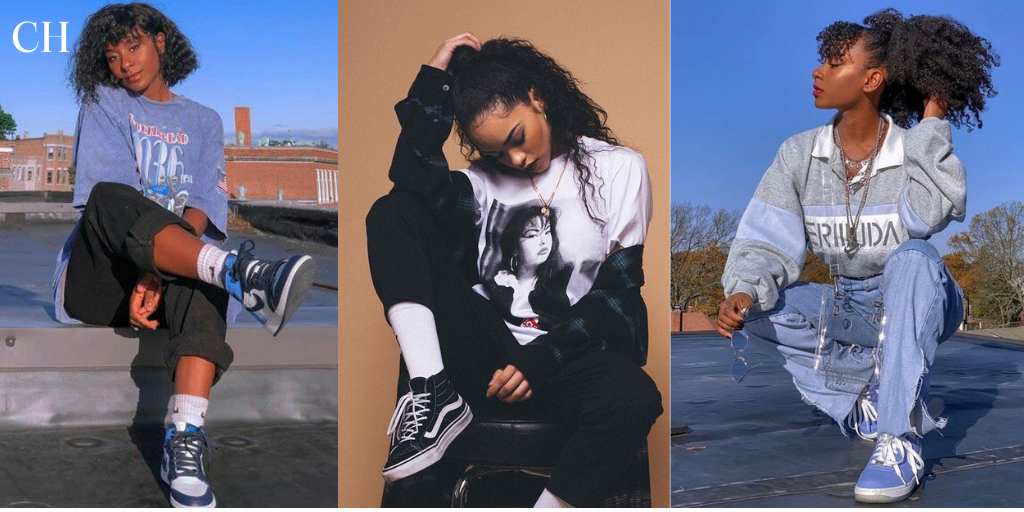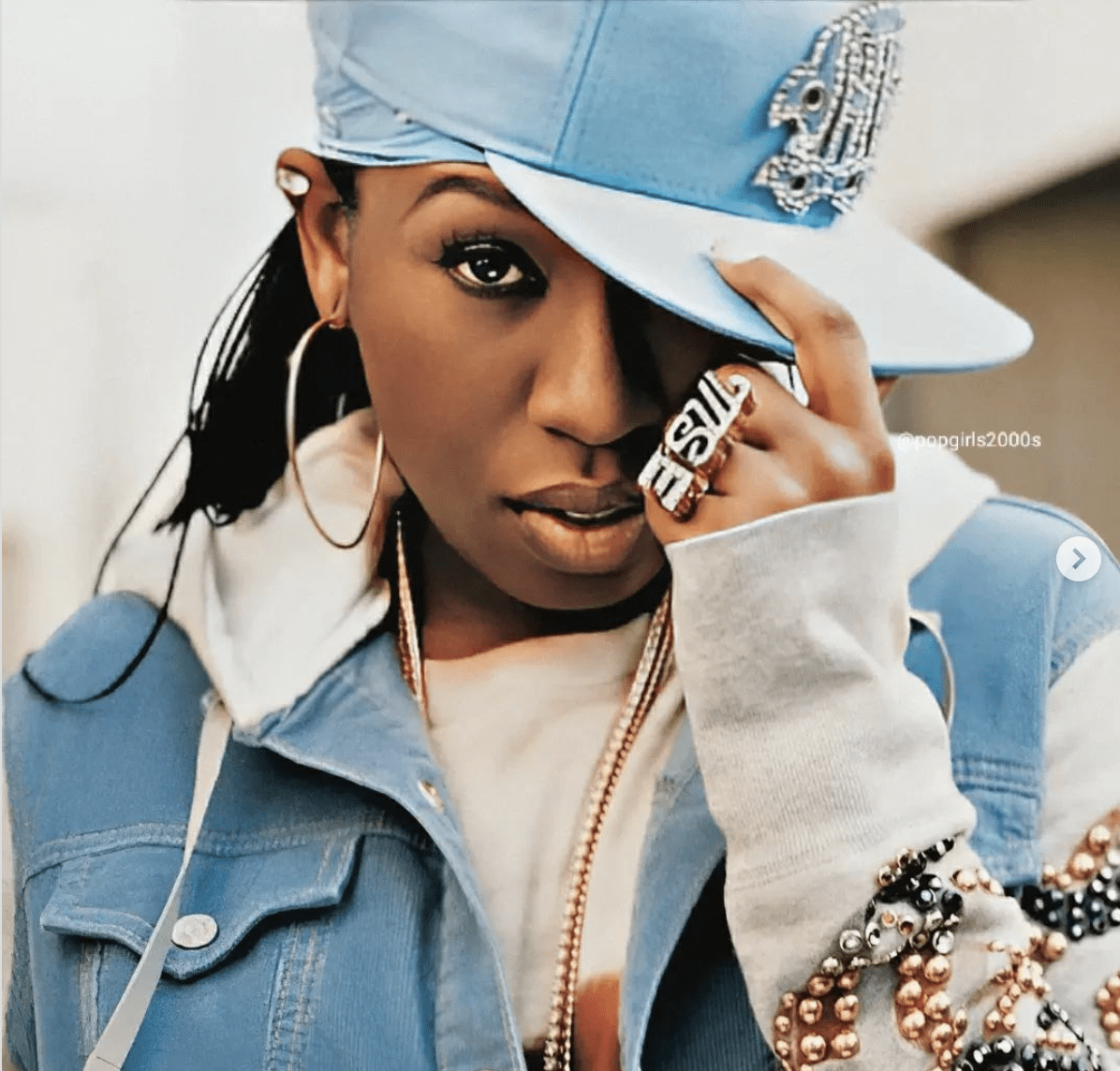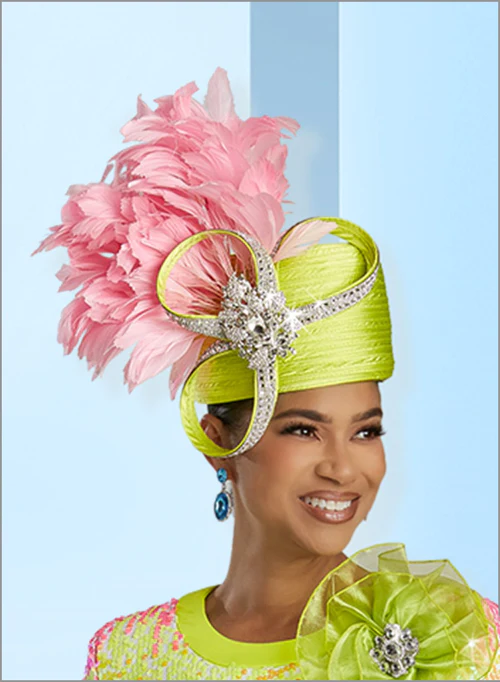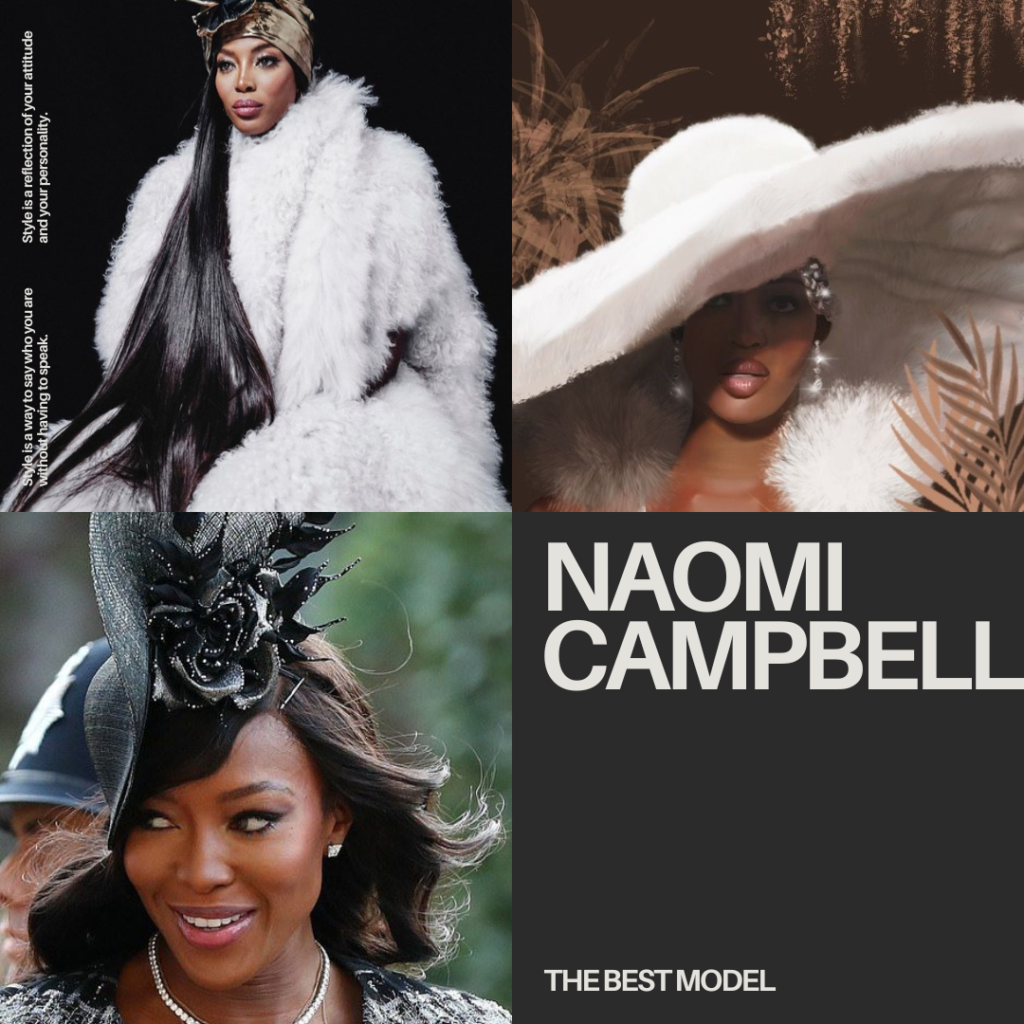
Streetwear fashion for Black women is an expressive and dynamic style that flawlessly integrates urban aesthetics with cultural pride and personal identity. This fashion type, based in the streets and influenced by hip-hop culture, skateboarding, and sports, has evolved into a powerful form of self-expression and community building. For Black women, streetwear is a statement of resilience, creativity, and cultural heritage.
The origins of streetwear can be traced back to the late 1970s and early 1980s when hip-hop culture began to emerge from the streets of New York City. This period was marked by a distinctive style that included oversized clothing, bold graphics, and athletic wear. Black women played a significant role in the early days of streetwear, often incorporating elements of their cultural backgrounds into their outfits. This fusion of styles created a unique and vibrant aesthetic that continues to influence fashion today.
One of the most notable aspects of streetwear for Black women is its emphasis on individuality and self-expression. Unlike mainstream fashion, which often dictates specific trends and styles, streetwear encourages creativity and personal flair. Black women in streetwear can be seen mixing high-end designer pieces with thrifted finds, customizing their clothing with patches and embroidery, and experimenting with bold colors and patterns. This approach to fashion allows for a unique blend of influences, from African prints and traditional garments to contemporary urban wear.
The impact of Black women in streetwear is evident in the rise of influential designers and brands that cater specifically to this demographic. Brands like Telfar, Pyer Moss, and Fenty have made significant strides in creating clothing that speaks to the experiences and identities of Black women. These brands not only offer stylish and innovative designs but also challenge the fashion industry’s often narrow definitions of beauty and style. By centering Black women’s voices and perspectives, these brands have helped to redefine what
Moreover, the streetwear community has become a platform for Black women to connect and support one another. Social media has played a crucial role in this, allowing women to share their outfits, inspirations, and stories with a global audience. Platforms like Instagram and Tik Tok have given rise to a new generation of streetwear influencers who use their platforms to celebrate Black culture and promote diversity within the fashion industry. This sense of community is essential in an industry that has historically marginalized Black voice and perspective.

According to AURN When it comes to Black women in fashion, there’s always a story to tell. The story started in Africa, where hair styles, jewelry, and fabric conveyed a variety of messages about social status, family clans, and mourning or celebration. That story shifted on American shores and became something more complex, something that through the years has been political and rooted in either respectability or resistance.
My style story starts in New York City. I grew up in East Harlem and The Bronx in the 80s and 90s, when NYC looked like a warzone littered with rubble from intentionally burned down buildings. Despite that ugliness, this was also the time when hip-hop was manifesting (and had been since the early 70s), and the youth were exploring their identities through music, dance, and style. I’d already inherited a love of leopard print and red lips from my mother and her mother, and while I was too young to wear either, I noticed my foremothers and the women in the neighborhood. I was fascinated by the different ways they styled themselves. There was an abundance of bucket hats, tracksuits, intricate nails, finger waves, biker shorts, custom clothing, and the rise of sneaker culture. Today, that’s called streetwear. Back then, it was just how we dressed before outsiders scrambled to label it. First it was “urban”, and then “streetwear” began to emerge as a descriptor in the early aughts when hype beast culture started to water down the culture.
Today, streetwear is global and more popular than ever. Even luxury brands who once shunned anything related to hip-hop style have adopted its staples.
In addition to the creative and cultural aspects, streetwear for Black women also serves as a form of resistance and empowerment. The fashion industry has long been criticized for its lack of diversity and representation, and streetwear offers an alternative space where Black women can assert their presence and influence. By embracing streetwear, Black women are challenging the status quo and redefining what it means to be fashionable and stylish. This act of defiance is particularly powerful in a world where fashion is often used as a tool of exclusion and elitism.
The versatility of streetwear also makes it an appealing choice for Black women. The genre encompasses a wide range of styles, from casual and sporty to edgy and avant-garde. This flexibility allows Black women to dress in a way that reflects their personalities and lifestyles. Whether it’s a pair of statement sneakers, an oversized hoodie, or a custom-designed jacket, streetwear offers endless possibilities for self-expression. This versatility also means that streetwear can be adapted to suit different occasions, making it a practical and stylish choice for every day wear.
Furthermore, streetwear for Black women often incorporates elements of activism and social justice. Many designers and influencers use their platforms to raise awareness about issues affecting the Black community, from police brutality and racial discrimination to economic inequality and environmental justice. This intersection of fashion and activism highlights the power of streetwear as a tool for social change. By wearing clothing that makes a statement, Black women can use their style to spark conversations and inspire action.
In conclusion, streetwear for Black women is a rich and multifaceted genre that celebrates creativity, individuality, and cultural pride. It offers a platform for self-expression, community building, and social activism, making it a powerful force in the fashion world. As streetwear continues to evolve, Black women will undoubtedly remain at the forefront, shaping the future of this dynamic and influential style.


